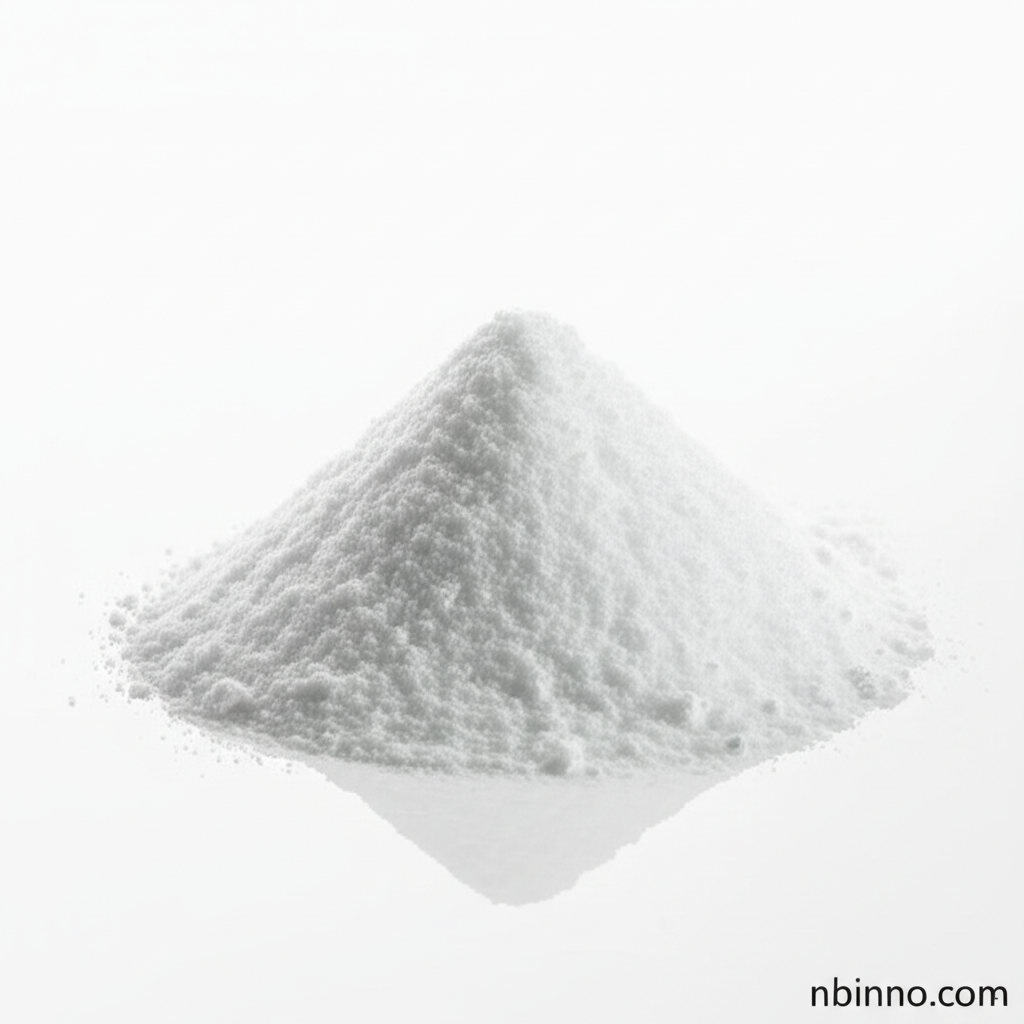Methylaminoformyl Chloride CAS 6452-47-7: Properties, Applications, and Benefits for Agrochemical Synthesis
Discover the essential properties and diverse applications of Methylaminoformyl Chloride (CAS: 6452-47-7), a key intermediate crucial for the production of advanced agrochemicals and a versatile reagent in organic synthesis.
Get a Quote & SampleProduct Core Value

Methylaminoformyl Chloride
As a leading manufacturer and supplier in China, we provide high-quality Methylaminoformyl Chloride (CAS: 6452-47-7). This compound is a vital building block in the agrochemical sector, particularly for the synthesis of carbamate insecticides. Its specific chemical properties and consistent purity ensure reliable performance in complex chemical reactions, making it an indispensable intermediate for producing effective pest control solutions and other specialized organic compounds. We are committed to delivering excellence and meeting the diverse needs of our global clientele.
- Methylaminoformyl Chloride synthesis involves precise reaction conditions, ensuring a high-purity product for demanding applications.
- Understanding N-methylcarbamoyl chloride properties is key to leveraging its potential as a versatile reagent in advanced organic synthesis.
- As a critical pesticide intermediate CAS 6452-47-7, this chemical facilitates the production of effective solutions for crop protection.
- The efficient carbamate insecticide synthesis relies on the consistent quality and reactivity of Methylaminoformyl Chloride supplied by trusted manufacturers.
Key Advantages
High Purity and Consistency
We ensure that our Methylaminoformyl Chloride meets stringent purity standards, crucial for reliable outcomes in pesticide intermediate production and complex organic synthesis. Rely on our consistent quality for your critical applications.
Versatile Agrochemical Intermediate
This compound is fundamental in the carbamate insecticide synthesis, playing a key role in creating effective pest control agents that protect crops and enhance agricultural productivity.
Expertise in Organic Synthesis
The specific N-methylcarbamoyl chloride properties make it a valuable reagent for various organic synthesis pathways, enabling the creation of diverse chemical compounds and intermediates.
Key Applications
Pesticide Intermediate
Methylaminoformyl Chloride is a critical building block for a range of carbamate insecticides, directly contributing to effective pest management in agriculture.
Herbicide Intermediate
It also finds use in the synthesis of herbicides, further supporting crop protection and yield optimization in various farming practices.
Organic Synthesis Reagent
Its reactive nature makes it a valuable reagent for chemists engaged in developing new molecules and intermediates within fine chemical and pharmaceutical research.
Agrochemical Production
Leveraging its role in pesticide intermediate CAS 6452-47-7, industries rely on this compound for the large-scale manufacturing of essential agrochemical products.
